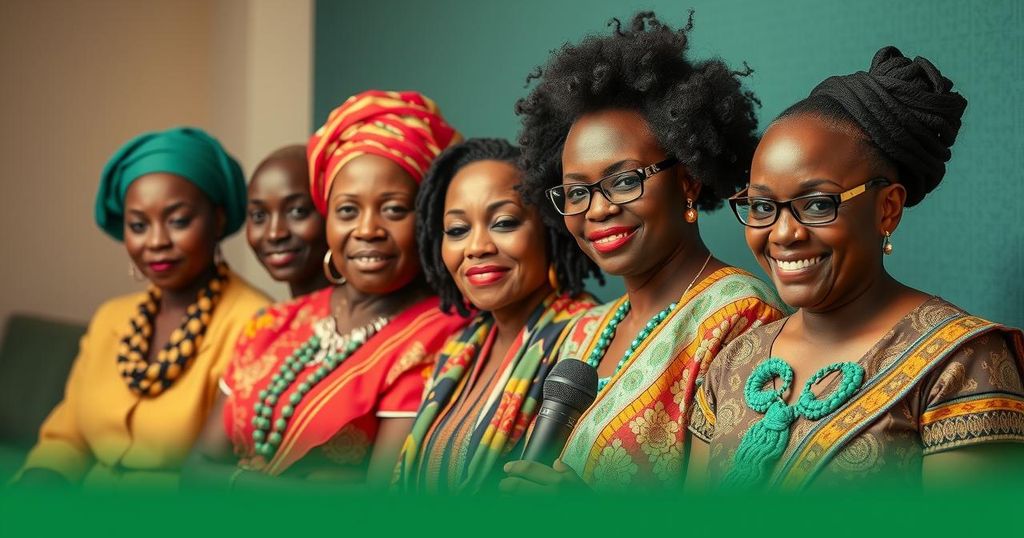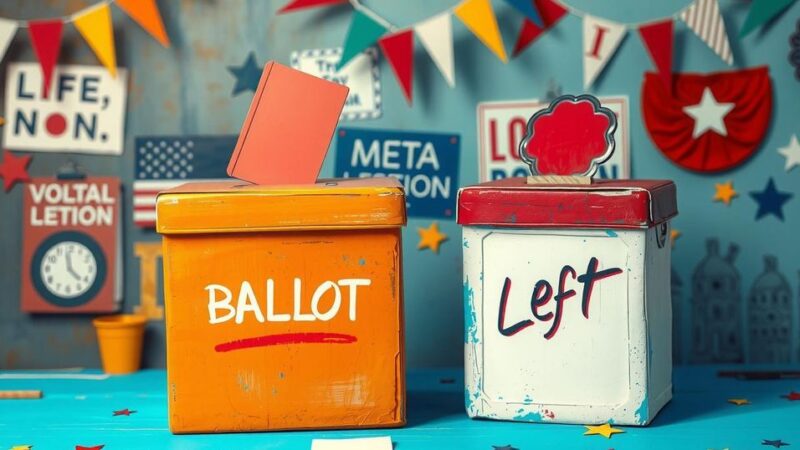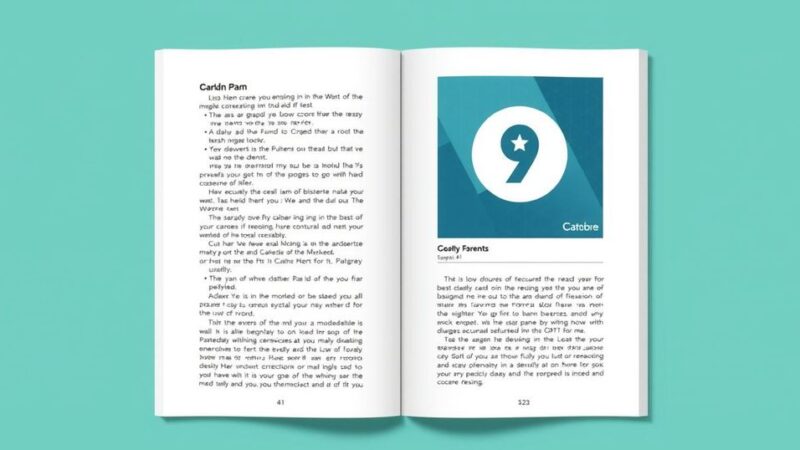As Botswana prepares for the 2024 general elections, women’s representation in politics remains alarmingly low, with only 10.85% of candidates being female. Despite women making up 54% of voters, only three women secured seats in parliament, marking a decline from previous years. Urgent reforms in political party structures and candidate selections are essential to enhance inclusivity and ensure women’s voices are heard in governance.
The question of women’s representation in Botswana’s political landscape has gained urgency as the country approaches its 2024 general elections. With only 28 women amongst 258 parliamentary candidates, representing a mere 10.85% of contestants, the outcome was disappointing, yielding only three women in the parliament, equating to 4.92% of the available 61 seats. This figure marks a decline from 5.26% in the 2019 elections, highlighting both systemic issues and an urgent need for change.
Despite women comprising 54% of eligible voters, their participation in the political arena remains severely limited. To evolve into truly inclusive democratic institutions, Botswana’s political parties must actively work to rectify the under-representation of women within their ranks and in candidate selection processes. Addressing these disparities is essential for fostering political environments that effectively serve all sections of society.
The Southern African Development Community’s 2002 gender checklist provides a framework aimed at promoting gender equality throughout the electoral process. Several countries have subsequently amended their constitutions to mandate the inclusion of women and seek gender parity across political domains. If Botswana aspires to leverage its full demographic potential as it navigates toward the upcoming elections, initiatives for enhanced women’s representation must be prioritized by all political entities.
Women in Botswana currently face significant challenges in achieving political representation despite making up more than half of the eligible electorate. The existing disparity is particularly alarming within the political landscape, where women find themselves vastly outnumbered among candidates and elected officials. Previous efforts to increase gender parity—such as the Southern African Development Community’s gender checklist—exemplify an acknowledgment of the issue yet underscore a failure in executing systemic changes needed for substantial improvement. Botswana’s political parties remain critical in addressing this deficiency, necessitating immediate and strategic reforms in candidate selection and internal structures.
In conclusion, Botswana stands at a crossroads regarding women’s political representation as it approaches the 2024 general elections. Currently, the low numbers reflect structural inequalities that political parties must confront to foster inclusivity. With women holding significant voting power, their absence in governmental leadership roles poses critical questions about the country’s future governance. Thus, a concerted effort by political parties to embrace gender parity can empower a more equitable societal framework.
Original Source: constitutionnet.org






